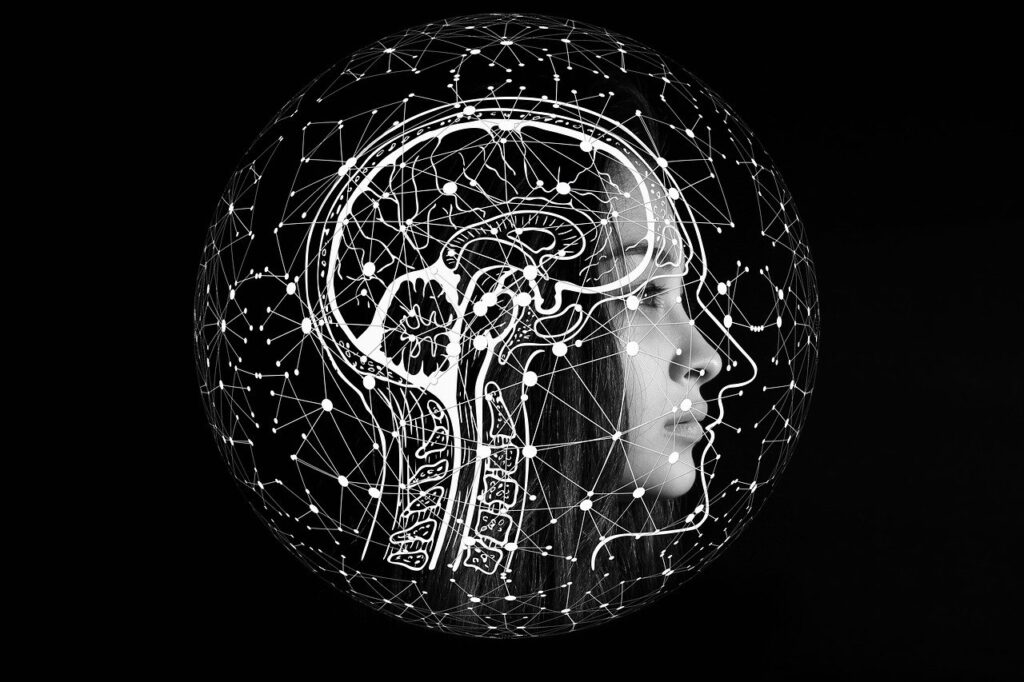Contents
ToggleHow AI is Changing the Landscape of Medicine
Artificial intelligence (AI) is transforming many aspects of our lives, including healthcare. In recent years, the growth of AI in healthcare has been unprecedented, with many experts predicting that it will revolutionize the field of medicine. In this blog post, we will explore the benefits of AI in healthcare, the challenges of implementing AI, case studies of AI in healthcare, and the future of AI in healthcare.
The Benefits of AI in Healthcare
AI is transforming healthcare in many ways, improving diagnosis and treatment, helping doctors provide better care, and reducing healthcare costs and improving efficiency.
01. Improving Diagnosis and Treatment
One of the most significant benefits of AI in healthcare is its ability to improve diagnosis and treatment. AI can analyze large amounts of medical data quickly and accurately, identifying patterns and trends that may be difficult for humans to spot. This can lead to earlier diagnosis and more effective treatment of diseases, such as cancer.
For example, researchers at the University of Central Florida have developed an AI algorithm that can detect early-stage lung cancer with up to 95% accuracy. The algorithm analyzes CT scans and identifies nodules that may be cancerous. This early detection can be critical in improving patient outcomes and saving lives.
02. Helping Doctors Provide Better Care
AI is also helping doctors provide better care to their patients. AI-powered tools can provide doctors with real-time insights into a patient’s condition, allowing them to make more informed decisions about their treatment.
For example, Google’s DeepMind Health has developed an AI-powered app called Streams that can alert doctors to patients who are at risk of acute kidney injury. The app analyzes a patient’s medical records and vital signs, providing doctors with timely alerts that can help them prevent the condition from progressing.
03. Reducing Healthcare Costs and Improving Efficiency
AI is also reducing healthcare costs and improving efficiency. By automating routine tasks and streamlining administrative processes, AI can help healthcare organizations save time and money.
For example, AI-powered chatbots can help patients schedule appointments and answer common questions, reducing the workload for administrative staff. Additionally, AI can help healthcare organizations identify areas where they can improve efficiency, such as reducing wait times or optimizing staffing levels.
The Challenges of Implementing AI in Healthcare
While AI offers many benefits to healthcare, there are also challenges that must be addressed to ensure its successful implementation.
01. Data Privacy and Security
One of the biggest concerns with AI in healthcare is data privacy and security. Healthcare organizations must ensure that patient data is stored securely and is only accessible to authorized personnel. Additionally, they must ensure that AI algorithms are trained on high-quality, unbiased data to avoid potential bias in healthcare outcomes.
02. AI Bias
AI bias is another concern in healthcare. If AI algorithms are trained on biased data, they may produce biased results that can impact healthcare outcomes. For example, a study by the University of Michigan found that an AI algorithm used to predict which patients would benefit from extra care was biased against Black patients, potentially leading to disparities in healthcare outcomes.
03. Ethical Concerns
Finally, there are ethical concerns around the use of AI in healthcare. For example, some people are concerned about the potential for AI to replace human doctors, leading to a loss of empathy and personal touch in healthcare. Additionally, some worry that AI-powered tools could be used to deny patients access to certain treatments based on cost or other factors.
Case Studies of AI in Healthcare
Despite these challenges, there are many examples of AI being used successfully in healthcare.
IBM Watson Health
IBM Watson Health is a leading provider of AI-powered healthcare solutions. Its platform can analyze large amounts of medical data and provide doctors with insights that can help them make more informed decisions about patient care.
One example of how IBM Watson Health is being used in healthcare is in the field of cancer care. The platform can analyze a patient’s medical records and genetic information to identify potential treatment options that may be more effective than traditional therapies.
Cleveland Clinic
The Cleveland Clinic has also been using AI to improve patient outcomes. The hospital has developed an AI-powered tool that can predict a patient’s risk of developing a range of conditions, including sepsis and heart failure. By identifying patients who are at high risk of developing these conditions, doctors can intervene early and prevent the conditions from progressing.
Zebra Medical Vision
Zebra Medical Vision is an Israeli startup that is using AI to improve medical imaging. Its platform can analyze medical images and provide doctors with insights that can help them make more accurate diagnoses. For example, the platform can detect bone fractures, lung nodules, and signs of osteoporosis.
The Future of AI in Healthcare
Looking ahead, the future of AI in healthcare looks bright. There are many emerging trends that are likely to shape the field in the coming years.
Personalized Medicine
One of the most significant trends is the move towards personalized medicine. By analyzing a patient’s genetic data and medical history, AI algorithms can identify treatments that are likely to be more effective for that individual. This could lead to better patient outcomes and a reduction in healthcare costs.
Wearable Technology
Wearable technology is another trend that is likely to shape the future of healthcare. Devices such as smartwatches and fitness trackers can collect data on a patient’s health, including their heart rate, sleep patterns, and activity levels. This data can be analyzed by AI algorithms to identify potential health risks and provide doctors with real-time insights into a patient’s condition.


Telemedicine
Telemedicine, or the use of video conferencing and other technology to deliver healthcare remotely, is another trend that is likely to become more prevalent in the coming years. AI-powered chatbots and virtual assistants could play a significant role in delivering telemedicine services, providing patients with access to medical advice and treatment from the comfort of their own homes.
Conclusion
AI is changing the landscape of medicine in many ways, improving diagnosis and treatment, helping doctors provide better care, and reducing healthcare costs and improving efficiency. While there are challenges that must be addressed, such as data privacy and bias, the potential benefits of AI in healthcare are significant. As we look ahead to the future, it is clear that AI will play an increasingly important role in delivering high-quality, personalized healthcare to patients around the world.
